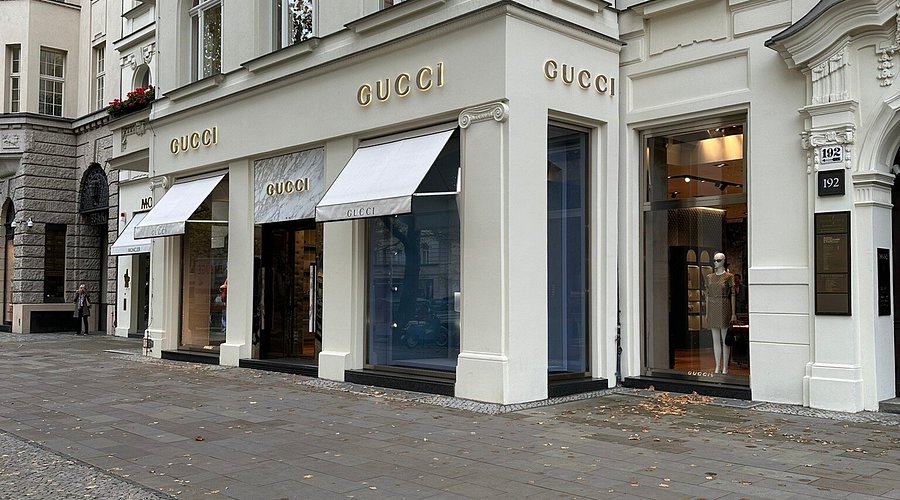The Quiet Revival of Private Clubs in the Digital Age
By
Sophie Moore
Last updated:
November 3, 2025
First Published:
November 3, 2025
.webp)
Photo: Forbes
The Return of Curated Social Spaces
Private clubs are experiencing a subtle renaissance among the ultra-wealthy. Beyond golf courses or city-based lounges, these clubs are carefully curated spaces where like-minded individuals gather to share ideas, experiences, and influence. Discretion, exclusivity, and quality define their appeal.
Digital Integration Meets Privacy
While private clubs are rooted in tradition, the digital era has transformed how they operate. Exclusive apps, virtual memberships, and private networks allow members to stay connected while maintaining discretion. Technology enhances accessibility without diluting the sense of privacy that defines these spaces.
Cultural and Intellectual Hubs
Modern private clubs have expanded beyond leisure and networking. They often include curated libraries, art galleries, lecture series, and cultural events. Membership is about access to knowledge, experiences, and conversations that shape perspective and influence.
The Architecture of Exclusivity
Design plays a crucial role in the revival of private clubs. Secluded locations, thoughtful layouts, and luxurious interiors create a sense of sanctuary. Every aspect of the space is intended to promote comfort, intimacy, and a feeling of belonging for members who value discretion over spectacle.
Networking Without Noise
Unlike public events or traditional business gatherings, private clubs allow meaningful networking in controlled environments. Members cultivate relationships based on shared values, trust, and long-term vision rather than visibility or social status alone.
Health and Wellness as a Feature
Many modern clubs incorporate wellness programs, fitness centers, and serene outdoor spaces. The wealthy are increasingly prioritizing holistic lifestyles, and private clubs offer a seamless integration of leisure, health, and social interaction.
Culinary and Experiential Luxury
Exclusive dining experiences and personalized culinary events are central to the private club model. Members enjoy access to world-class chefs, curated wine lists, and bespoke menus, further elevating the club experience from simple socialization to curated indulgence.
Philanthropy and Purpose-Driven Memberships
Some clubs emphasize shared values and philanthropic engagement. Members are often encouraged to participate in initiatives that support the arts, education, or global causes. This creates a sense of purpose alongside privilege, turning membership into an avenue for positive impact.
Legacy and Intergenerational Connections
Private clubs serve as spaces where wealth and culture can be passed down. Membership often extends across generations, fostering mentorship, continuity, and the cultivation of refined tastes. These institutions preserve tradition while adapting to contemporary expectations of luxury.
The Future of Exclusive Communities
The quiet revival of private clubs signals a shift in how the elite view social capital. In the digital age, exclusivity, privacy, and curated experiences hold more value than public displays. These spaces are becoming the ultimate intersection of influence, culture, and luxury living, quietly shaping the networks and lifestyles of the next generation.
Subscribe to unlock premium content
Sed at tellus, pharetra lacus, aenean risus non nisl ultricies commodo diam aliquet arcu enim eu leo porttitor habitasse adipiscing porttitor varius ultricies facilisis viverra lacus neque.
A comprehensive guide on Agile development

10 Productivity tools that are worth checking out

Top 7 Must have management tools for productivity

A comprehensive guide on Agile development

10 Productivity tools that are worth checking out

A comprehensive guide on Agile development









